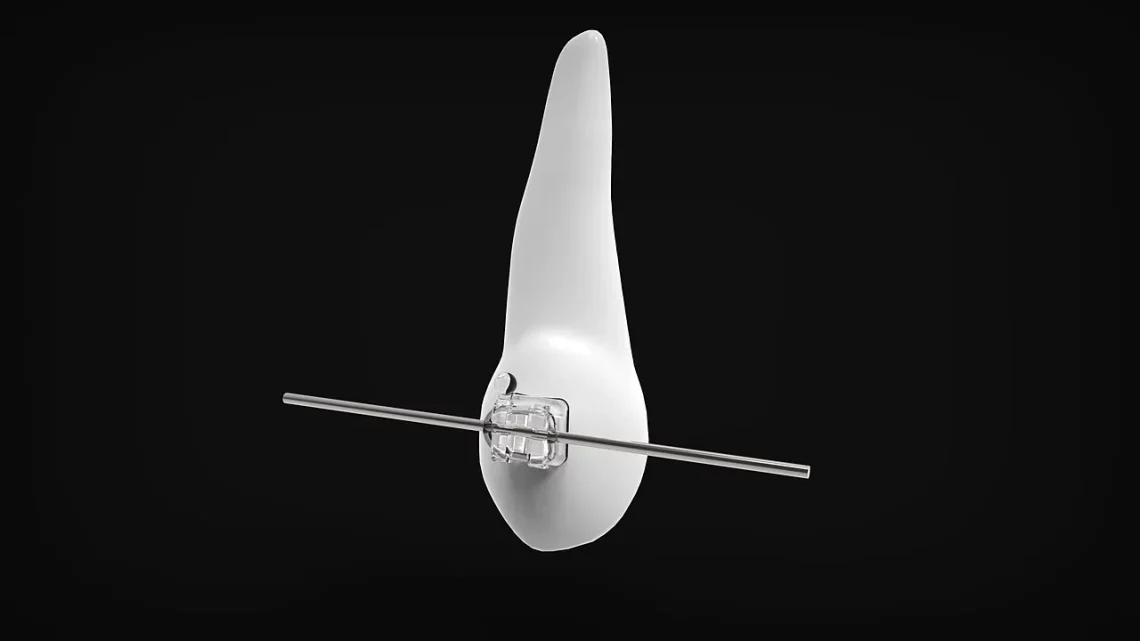
Navigating Delicate Dental Procedures for Optimal Oral Health
Maintaining optimal oral health is a critical aspect of overall well-being that often goes unnoticed until problems arise. Dental procedures, particularly delicate ones, can evoke feelings of anxiety and concern for many individuals. The thought of undergoing treatments such as root canals, extractions, or periodontal therapy can be daunting. However, understanding the importance of these procedures and how they contribute to maintaining healthy teeth and gums can alleviate some of that apprehension.
In addition to the psychological barriers associated with dental work, the technical complexity of these procedures requires a skilled and experienced dental professional. Advances in dental technology have made many of these delicate procedures less invasive and more efficient, offering patients a smoother experience. With proper care and attention to detail, dental experts can navigate even the most intricate procedures, ensuring optimal outcomes for their patients.
Moreover, patient education plays a vital role in the process. By understanding what to expect during and after various dental procedures, patients can better prepare themselves, both mentally and physically. This article aims to provide insights into delicate dental procedures, emphasizing their significance in achieving and maintaining excellent oral health.
Understanding Common Delicate Dental Procedures
Delicate dental procedures encompass a variety of treatments that address complex dental issues. Common procedures include root canal therapy, gum grafts, and dental implants. Each of these treatments serves a specific purpose and is tailored to meet the individual needs of patients.
Root canal therapy is often necessary when the pulp—the innermost part of the tooth—becomes infected or inflamed. This condition can lead to severe pain and, if left untreated, may result in tooth loss. During the procedure, the dentist removes the infected pulp, cleans the root canals, and seals the tooth to prevent future infection. While many patients fear root canals due to misconceptions about pain, advancements in anesthesia and sedation techniques have significantly improved the experience.
Another delicate procedure is the gum graft, which is used to treat gum recession. This condition can expose the roots of teeth, leading to sensitivity and an increased risk of decay. A gum graft involves taking tissue from another part of the mouth or using donor tissue to cover the exposed areas. This procedure not only protects the teeth but also improves the aesthetics of a patient’s smile.
Dental implants are an increasingly popular solution for replacing missing teeth. The process involves surgically inserting a titanium post into the jawbone, which serves as a sturdy foundation for a replacement tooth. While the initial procedure may seem invasive, dental implants offer long-term benefits, including improved function and appearance.
Understanding the intricacies of these procedures can help demystify the process and alleviate anxiety. Patients are encouraged to engage in open discussions with their dental professionals to address any concerns and gain a comprehensive understanding of the procedures they may need.
The Importance of Choosing the Right Dental Professional
Selecting the right dental professional is crucial when it comes to navigating delicate dental procedures. Not all dentists have the same level of training or experience in performing complex treatments. Patients should seek out a practitioner who specializes in the specific procedure they require, as this can significantly impact the outcome.
When searching for a dental expert, consider factors such as their educational background, years of experience, and any additional certifications. Many dentists pursue specialized training in areas such as endodontics (root canals), periodontics (gum health), or oral surgery. Seeking a specialist can provide added reassurance, as these professionals possess a deeper understanding of the nuances associated with delicate procedures.
Additionally, patient reviews and testimonials can offer valuable insights into a dentist’s practice. Prospective patients should look for feedback regarding the level of care, effectiveness of treatments, and the overall patient experience. A dentist who prioritizes patient comfort and communication can make a significant difference in the experience of undergoing delicate procedures.
It is also essential for patients to feel comfortable discussing their concerns and asking questions. A good dental professional will take the time to explain the procedures in detail, ensuring that patients fully understand what to expect. This level of transparency fosters trust and helps alleviate anxiety surrounding the treatments.
Ultimately, choosing the right dental professional is a critical step in ensuring a successful outcome for delicate dental procedures. Patients should not hesitate to explore their options and prioritize their oral health by seeking expert care.
Post-Procedure Care for Optimal Recovery
Recovery after delicate dental procedures is a vital aspect that can significantly influence the success of the treatment. Proper post-procedure care helps minimize discomfort, reduces the risk of complications, and promotes healing. Patients should adhere to their dentist’s post-operative instructions diligently.
After a root canal, for instance, patients may experience some discomfort or swelling. Dentists often recommend over-the-counter pain relievers to manage any pain. Additionally, patients should avoid hard or crunchy foods for a few days to prevent any strain on the treated tooth. Maintaining good oral hygiene is essential; however, care should be taken when brushing around the treated area to avoid irritation.
For those who have undergone gum grafting, it is crucial to follow specific dietary guidelines. Soft foods are recommended during the initial healing phase to avoid disturbing the graft site. Rinsing with warm salt water can also help soothe the area and promote healing. Patients should refrain from vigorous brushing or flossing near the grafted area until cleared by their dentist.
Dental implants require similar care during the initial healing period. Patients may be advised to stick to a soft-food diet and avoid vigorous physical activity that could disrupt the implant site. Regular follow-ups with the dentist are essential to monitor the healing process and ensure that the implant integrates properly with the jawbone.
In addition to following post-operative instructions, patients should pay attention to any unusual symptoms, such as prolonged pain, swelling, or bleeding. Prompt communication with the dental professional can help address any issues before they escalate. By prioritizing post-procedure care, patients can significantly enhance their recovery and overall oral health.
Managing Anxiety and Stress Related to Dental Procedures
Dental anxiety is a common issue that affects many individuals, particularly when it comes to delicate procedures. Understanding the sources of this anxiety and implementing strategies to manage it can make a significant difference in the overall experience.
One effective method for managing dental anxiety is open communication with the dental professional. Patients should feel empowered to express their fears and concerns. A compassionate dentist will take the time to listen and provide reassurance, helping to alleviate feelings of apprehension. They may also offer sedation options for patients who experience significant anxiety, allowing for a more comfortable experience.
Mindfulness techniques can also be beneficial in managing anxiety. Practices such as deep breathing, visualization, or meditation can help calm the mind before and during dental appointments. Patients can practice these techniques at home to prepare for their visit, focusing on relaxation and positive outcomes.
Another approach is to bring a support person to the appointment. Having a trusted friend or family member present can provide emotional support and distraction, making the experience feel less daunting. Patients can also listen to calming music or podcasts during the procedure to help divert their attention from the dental work being performed.
Finally, educating oneself about the specific procedure can empower patients and reduce fear of the unknown. Understanding the steps involved, the purpose of the procedure, and what to expect afterward can help demystify the process and foster a sense of control.
By addressing dental anxiety through communication, mindfulness, and education, patients can navigate delicate dental procedures with greater confidence, leading to better oral health outcomes.
This article provides insights into the delicate nature of certain dental procedures and the importance of proper care and management. However, it is essential to note that this content is not a substitute for professional medical advice. For any health-related concerns, always consult with a qualified healthcare provider.




